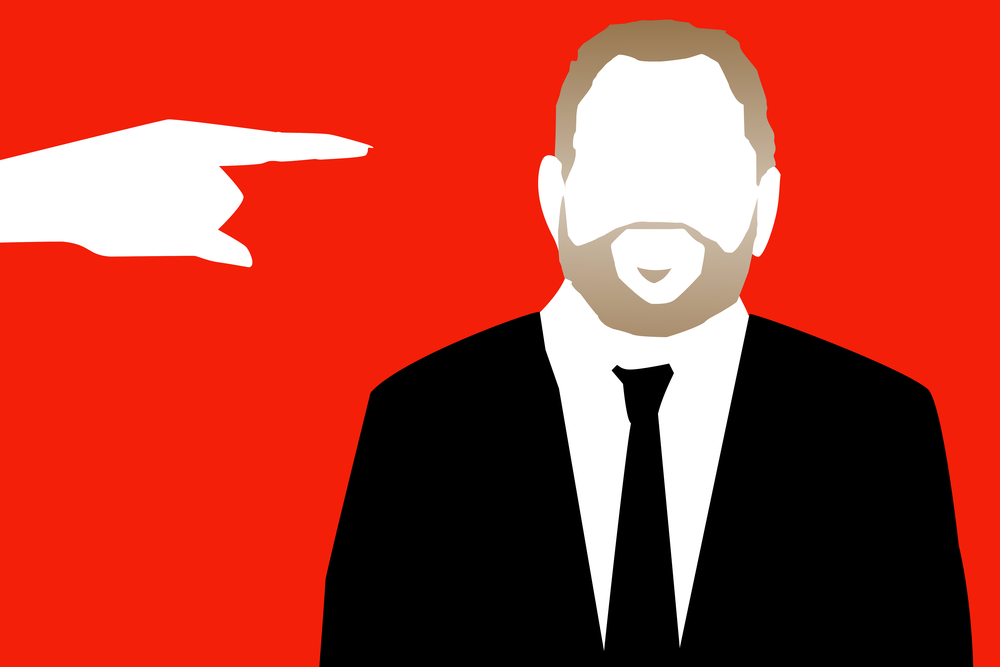I wrote an article for Quartz last week on the Harvey Weinstein case. In it, I talked about the need to change our perspective about acting on office rumors, particularly when rumors might be the only protection against an abusive predator in the office. The article started many conversations and has kept me thinking about power dynamics in the office. The more I think about it, the more frustrated I become about the accessories to the crime. It’s time we share the obligation for ending abuse with those who can no longer be portrayed as innocent bystanders.
Let’s step back and think about the Weinstein case for a moment. Based on all I’ve read, it seems that Weinstein used his position of power as the head of a major Hollywood film studio to lure women into isolated locations where he would sexually harass or assault them. There’s no doubt who the wicked one was in this story. Weinstein was a serial sexual predator.
There’s also no doubt who was wounded by these attacks. It’s safe to say that dozens of aspiring actresses were subjected to Weinstein’s lewd behavior. His victims describe their all too common reaction: embarrassment and even shame and guilt for allowing themselves to be victimized. Experience shows that the people who are abused are unlikely to be the ones who expose the abuse. They are already struggling to heal from the first indignity and ill prepared to suffer another at the hands of those who might doubt their story, question their motives, or reverse the blame.
The third category of people in the Weinstein story are the whisperers. These men and women weren’t directly involved in the abuse but they knew it was going on. They knew the rumors about what Weinstein would do when he invited young prospects to his room at the Peninsula Hotel. They probably helped pick up the pieces when friends shared their own horror stories. In some cases, they passed on the rumors to protect others from a similar fate. But by relegating these accusations to whispers, they did little to stop the onslaught of abuse.
But if there is to be a ranking of culpability in this case, number two after Weinstein himself belongs to the witnesses. There were assistants that accompanied the women to Weinstein’s room and then, on his instructions, exited stage left. There were the lawyers who crafted deal after deal to pay off the victims in return for their silence. Where was the Human Resources department? These people enabled the abuse to go on and on.
To be fair, it is a big ask to expect the whisperers or the witnesses to risk their careers with no assurances that their accusations will stop the assaults. But who else is there? We have no choice but to make that ask.
If you have witnessed or heard whispers about abuse in your organization, I urge you to do something to bring it into the light. Once a coworker is wounded by the attacks of a powerful boss, it’s not unreasonable that their own self-protection comes first. You are the best hope to stop the aggression. You don’t have to attest to the truth of the claims, but you do need to alert someone that there are claims that need to be investigated.
Do what you can to level the playing field against the perpetrator. Band together for strength in numbers if you have to. Anonymously communicate the details of the exploitation to those with an obligation to act such as Human Resources or the Board of Directors. Enlist your own powerful forces such as unions, industry associations, or the press. If the Weinstein case has done anything positive, I suspect it’s made many of the powers that be nervous about staying on the wrong side of history.
Do you know of abusive behavior happening in your organization? If the New York Times did an expose, what would it say? Would you be painted as an innocent witness or a cowardly enabler?
